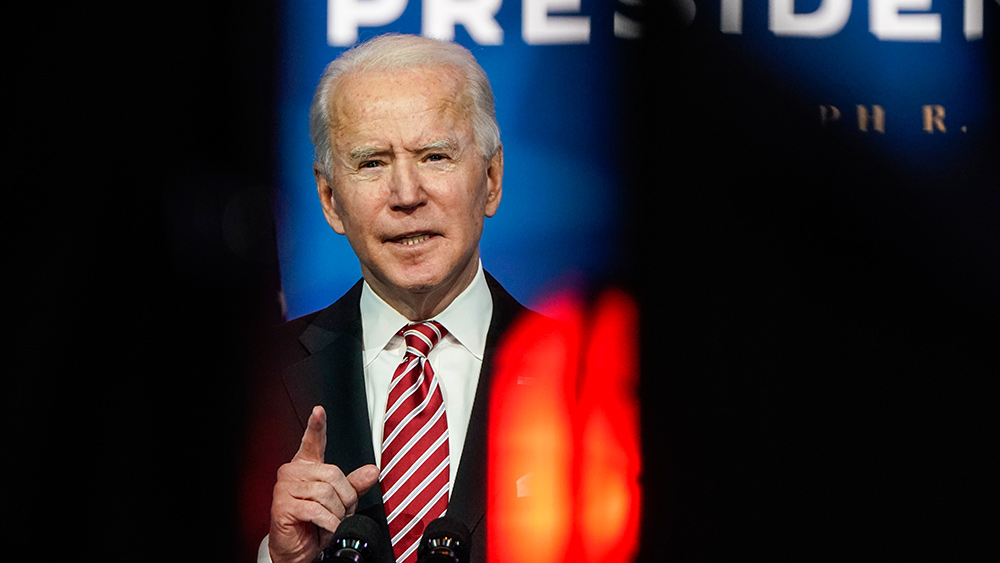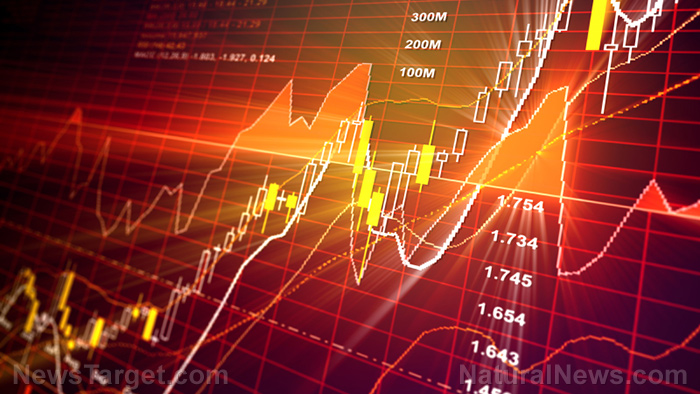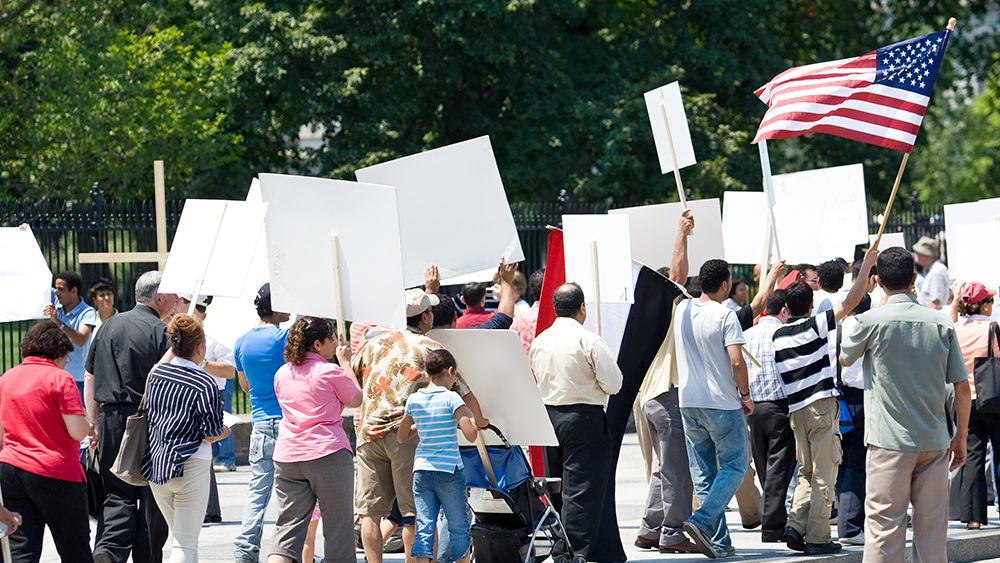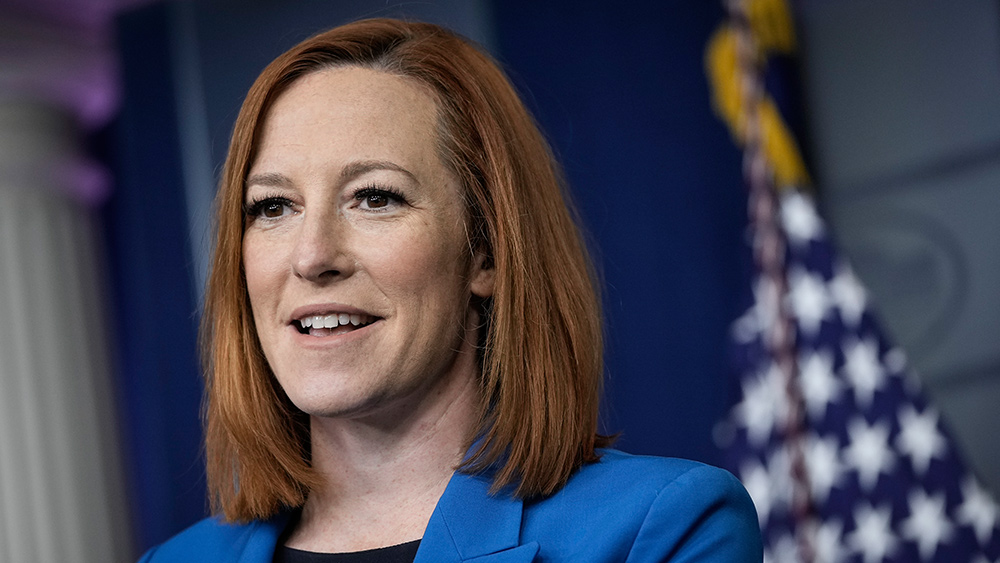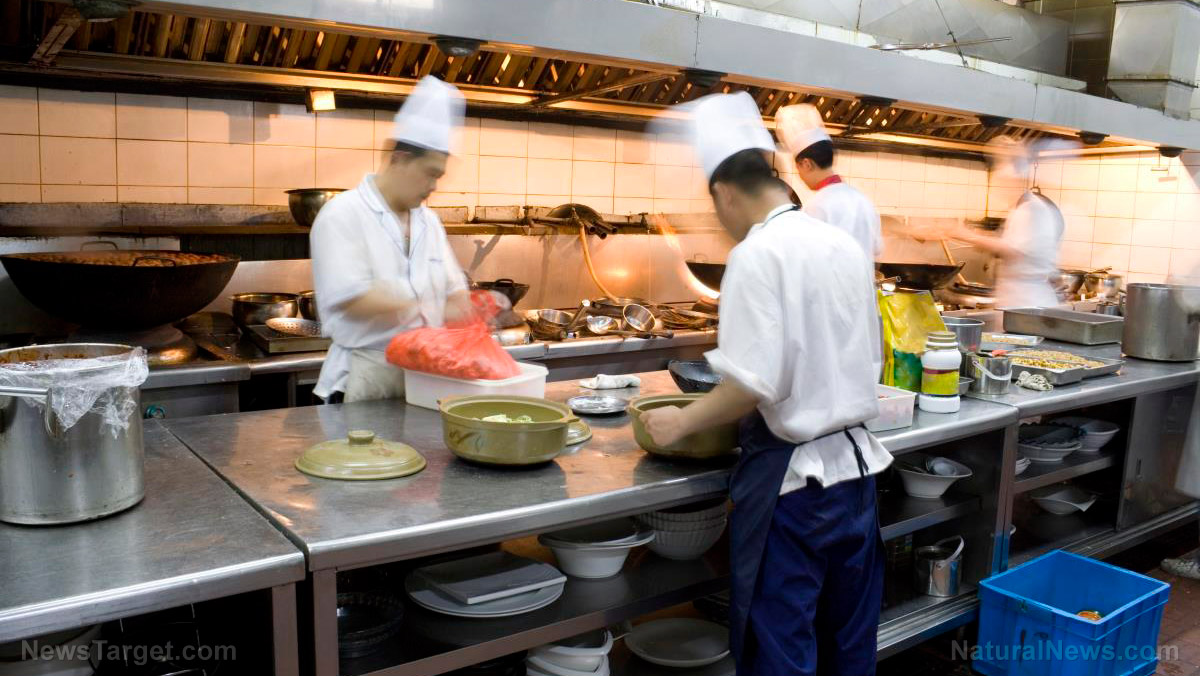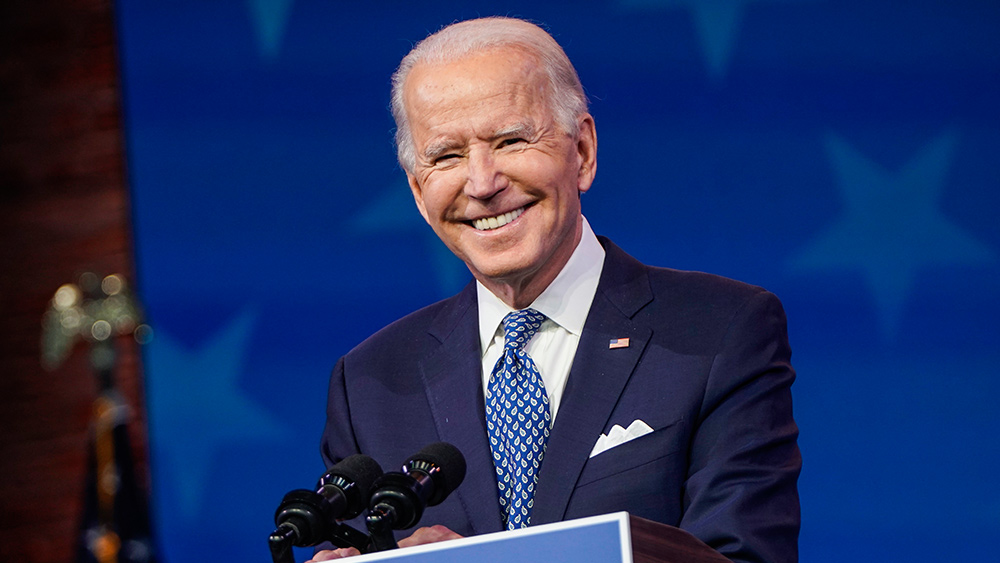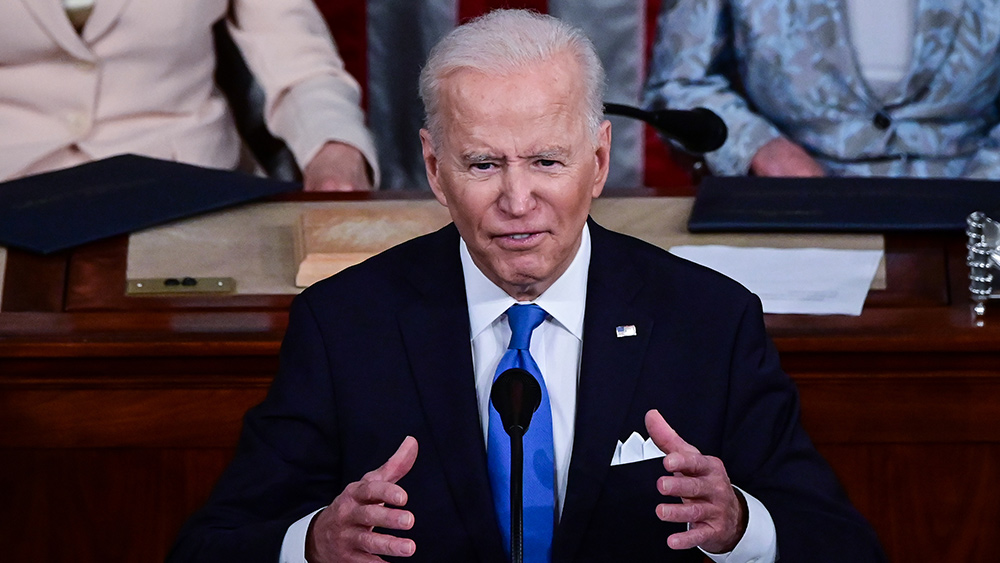Reminder from Venezuela: Inflation is not a natural disaster; it is a man made catastrophe that’s entirely avoidable
01/22/2019 / By Tracey Watson
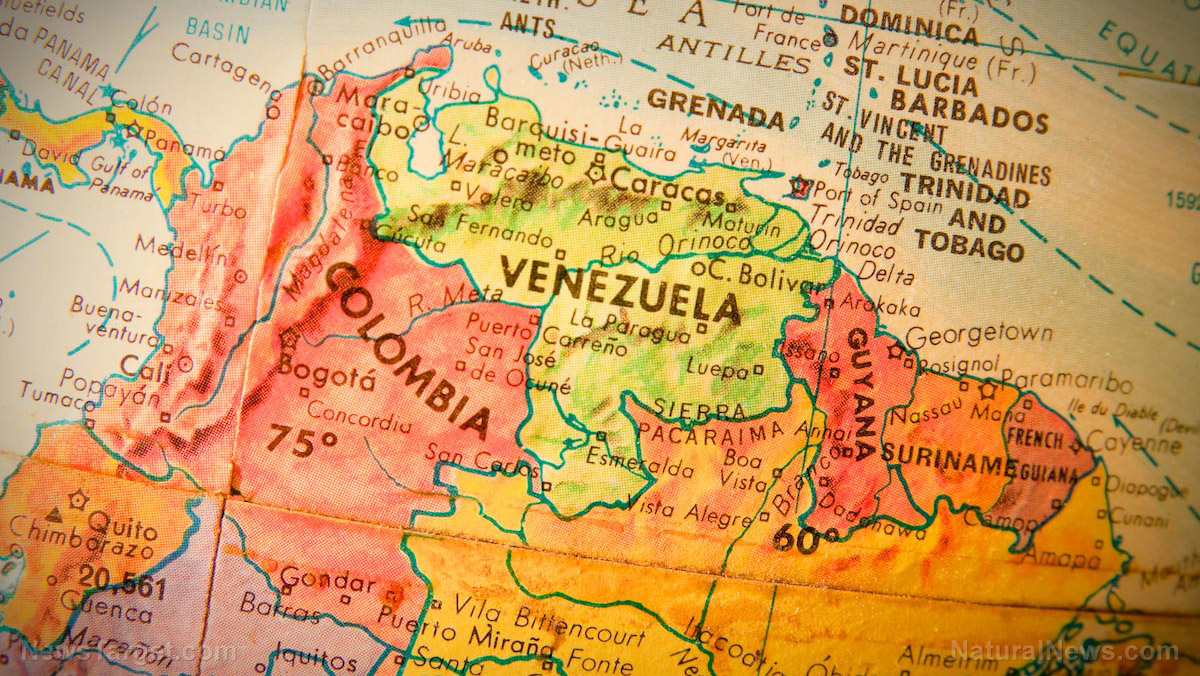
Back in February of 1973, inflation in Venezuela was at a respectable 3.22 percent. Those days are long, long gone, however. According to TradingEconomics.com, consumer prices jumped by a staggering 1.3 million percent in Venezuela over the past year. The country is in an absolute economic freefall which at this point looks completely irreversible. Interestingly, though, Venezuela’s inflation problems are no new thing. In fact, its economic woes are the result of a long history of poor financial decisions, and double-digit inflation levels have been the norm there since the early 1980s.
The mismanagement and corruption in Venezuela – and the results thereof – are a stark reminder that inflation is not a natural disaster. It is, in fact, a completely avoidable man-made catastrophe. And it is a catastrophe that can be repeated anywhere in the world when the wrong governmental policies are implemented over a period of time.
As reported by Zero Hedge, José Niño of the Mises Institute recently outlined some of the lessons we can learn from Venezuela’s sad spiral into economic oblivion.
The demise of a once-proud economic powerhouse
The Bolivar – Venezuela’s currency – was once one of the strongest in all of Latin America. Sadly, a series of poor decisions over the past five decades have led to the catastrophic economic collapse of this former economic powerhouse. As noted by Niño, Venezuela’s economic woes have been a “story of death by a thousand cuts,” and its “current hyperinflationary debacle is also a process decades in the making.”
Venezuela’s problems began in the 1970s, when the oil industry was nationalized, the government bought the privately-owned stake of the central bank, and several government cabinet members became members of the central bank’s board. In this way, the government gained control of what was officially supposed to be an independent central bank, along with the country’s greatest source of revenue: oil.
For a while, all was well, and the country continued to prosper, but spending was out of control and debts were mounting. By 1983, the government was forced to devalue its currency to try to get on top of the situation.
Niño noted:
Colloquially known as Black Friday, the 1983 devaluation was a watershed moment in Venezuelan history. Soon double-digit inflation became the new normal in Venezuela. The last year that Venezuela had inflation in the single digits was in 1983.
President Carlos Andrés Pérez made some wise reforms in the late 1980s, which bought the country a temporary reprieve. The people were unhappy with his economic reforms and the price of gasoline, however, and in 1989 a wave of protests, riots, looting, shootings and massacres broke out in Venezuela’s capital city, Caracas. Security forces and the military cracked down on the protestors, resulting in hundreds – and some say thousands – of deaths.
This uprising, which came to be known as Caracazo, meant that Pérez was unable to continue the necessary reforms to curb inflation, and later administrations were left to deal with its effects. By 1996, under President Rafael Caldera – Venezuela’s last democratically-elected president – inflation was tipping 100 percent.
Hugo Chávez exploited the people’s unhappiness with the economic situation to coast to victory in the 1998 presidential elections, but rather than reversing policies which had been perceived to be too strict, Chávez amped them up to a whole new level. A combination of huge spending, easy money, economic controls and constant expropriations — “the action by the state or an authority of taking property from its owner for public use or benefit” – drove the final nails into Venezuela’s economic coffin.
The lesson for the rest of the world
Niño summarized what we can learn from the sad example of Venezuela:
In a century of technocratic statism, central banking has become like furniture in the living room, a baseline that people are accustomed to, until its disastrous effects surface. And by then it’s usually too late. …
Intellectuals can rationalize the Venezuelan crisis away, but the nature of inflation’s causes can never be ignored. Ludwig von Mises set the record straight in his work Economic Policy:
The most important thing to remember is that inflation is not an act of God, that inflation is not a catastrophe of the elements or a disease that comes like the plague. Inflation is a policy.
Learn more about Venezuelan’s situation at Collapse.news.
Sources include:
Tagged Under: catastrophe, Collapse, economics, economy, finance, government policies, hyperinflation, Inflation, lessons, poor policy choices, socialism, Venezuela
RECENT NEWS & ARTICLES
COPYRIGHT © 2018 GOVERNMENTDEBT.NEWS
All content posted on this site is protected under Free Speech. GovernmentDebt.news is not responsible for content written by contributing authors. The information on this site is provided for educational and entertainment purposes only. It is not intended as a substitute for professional advice of any kind. GovernmentDebt.news assumes no responsibility for the use or misuse of this material. All trademarks, registered trademarks and service marks mentioned on this site are the property of their respective owners.

